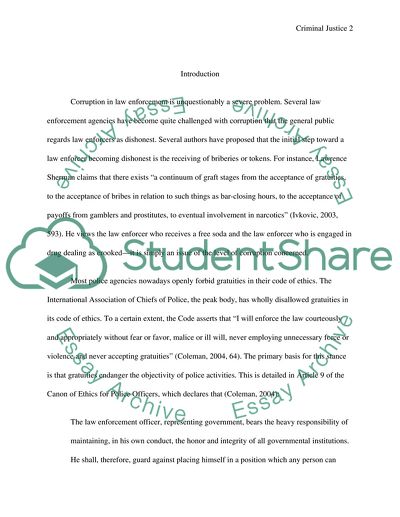Cite this document
(Corruption in Law Enforcement Agencies Term Paper, n.d.)
Corruption in Law Enforcement Agencies Term Paper. Retrieved from https://studentshare.org/law/1743121-crj-754
Corruption in Law Enforcement Agencies Term Paper. Retrieved from https://studentshare.org/law/1743121-crj-754
(Corruption in Law Enforcement Agencies Term Paper)
Corruption in Law Enforcement Agencies Term Paper. https://studentshare.org/law/1743121-crj-754.
Corruption in Law Enforcement Agencies Term Paper. https://studentshare.org/law/1743121-crj-754.
“Corruption in Law Enforcement Agencies Term Paper”, n.d. https://studentshare.org/law/1743121-crj-754.


